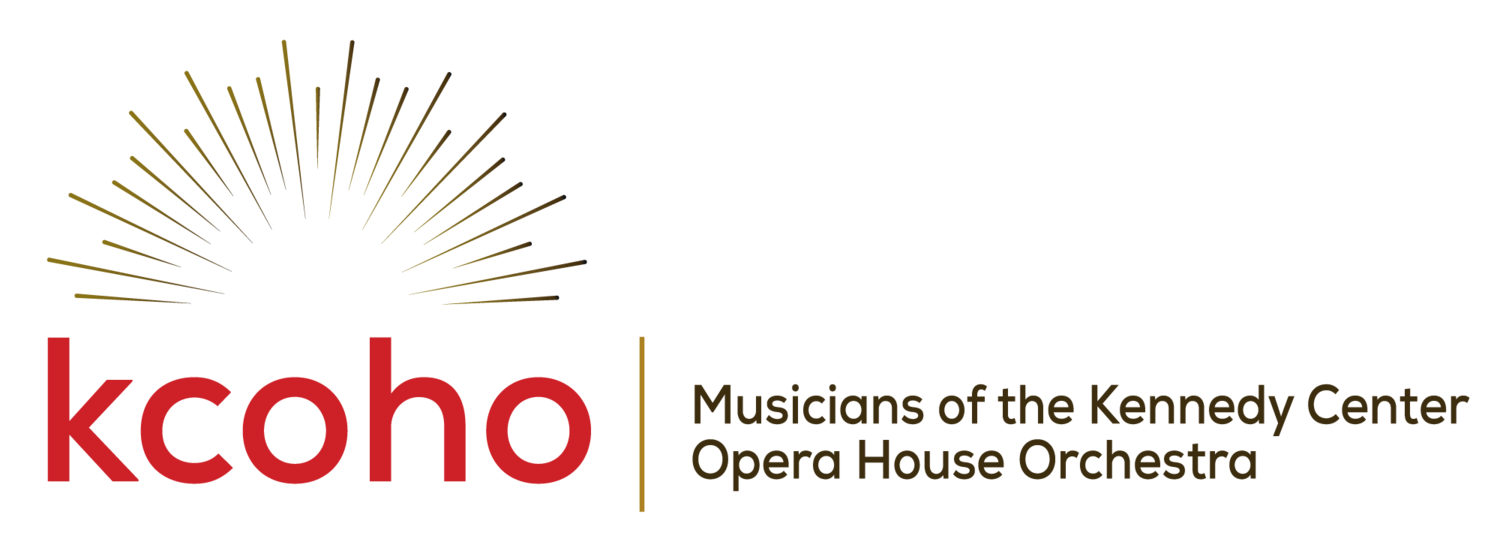1978 Creation of the KCOHO
In 1978, the musicians, who for the past seven years had performed as freelancers with no real job security, organized to obtain recognition as a permanent orchestra. A two-week strike ensued, supported by other unionized Kennedy Center employees, including the stagehands. The National Symphony Orchestra, which had just settled its own strike, also refused to cross the picket line. The strike was resolved when the Kennedy Center agreed to designate the Opera House Orchestra as the official house orchestra of the Kennedy Center. The Memorandum of Agreement was signed in the office of Supreme Court Justice Abe Fortas. The orchestra of 61 players gained the right to perform for Kennedy Center ballet and musical theater presentations, as well as Washington Opera productions.* This created a broad foundation of employment for the musicians and a musically cohesive ensemble. John Lanchbery of ABT was appointed as music director of the newly formed Kennedy Center Opera House Orchestra, or KCOHO, followed by John Mauceri, who served in that position until 1989.
During these years, the KCOHO continued its busy schedule of playing for ballet, musical theater, and opera. Dance Theatre of Harlem began its annual Kennedy Center visits in 1980, eventually increasing its stay to two weeks (16 performances) each year to accommodate a growing audience.
Domingo as Goya
Highlights of that era were The Washington Opera’s 1986 televised world premiere of Gian Carlo Menotti's Goya, starring Plácido Domingo; Domingo’s appearance in a gala performance with Julius Rudel conducting; and a gala celebration for Birgit Nilsson’s 60th birthday. The Kennedy Center co-commissioned Leonard Bernstein's opera A Quiet Place (with Bernstein overseeing the production), and John Adams’ Nixon in China. The televised award show The Kennedy Center Honors, perhaps the best known of all Kennedy Center events, was established in 1977.
KCOHO Musicians at the 1987 Kennedy Center Honors
* On June 21, 2000, Congress passed a bill designating The Washington Opera as America's “National Opera,” and the name of the company was changed to the Washington National Opera (WNO).
